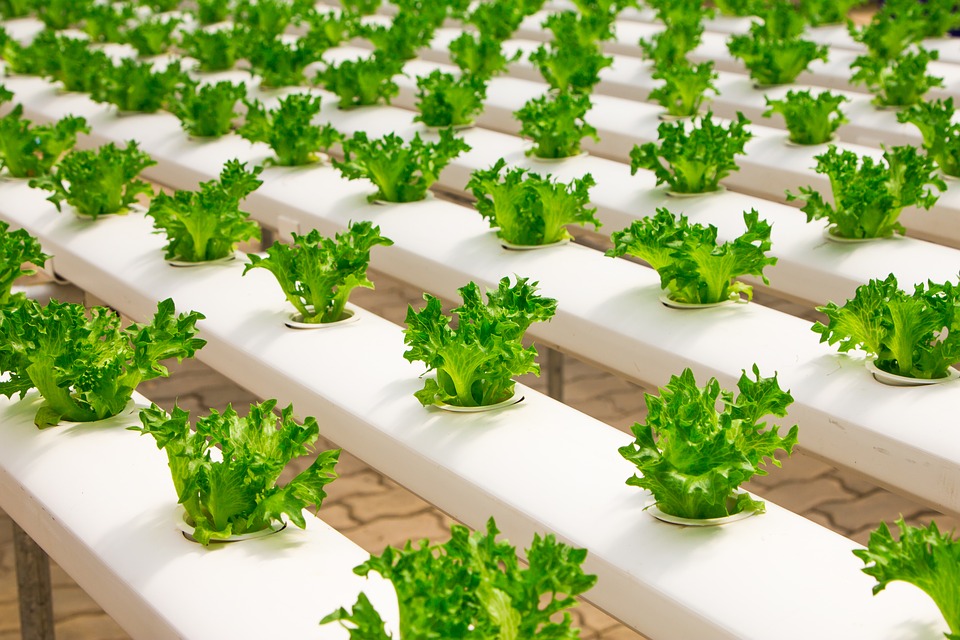Training Future Actors in the Food System: A new collaborative cross-institutional, interdisciplinary training programme for students
DOI:
https://doi.org/10.31273/eirj.v4i2.161Keywords:
Food Security, Systems thinking, Virtual Learning Environment, PedagogyAbstract
There is an urgent need to train a cohort of professionals who can address and resolve the increasing number of fundamental failings in the global food system. The solutions to these systemic failings go far beyond the production of food, and are embedded within broad political, economic, business, social, cultural and environmental contexts. The challenge of developing efficient, socially acceptable and sustainable food systems that meet the demands of a growing global population can only be tackled through an interdisciplinary systems approach that integrates social, economic and environmental dimensions. The new cross-institutional training programme, IFSTAL (Innovative Food Systems Teaching and Learning), is designed to improve post-graduate level knowledge and understanding of food systems from a much broader interdisciplinary perspective, which can be applied to students’ own studies. Ultimately, these graduates should be equipped to apply critical interdisciplinary systems thinking in the workplace to understand how problems are connected, their root causes and where critical leverage points might be. This article outlines the programme and presents a review of its first year (2015-2016 academic year).
Note: Rosina Borrelli's surname is misspelled as 'Borelli' in the paper and should be cited by the author's correct name in all references.
Downloads

Downloads
Published
Issue
Section
License
Authors who publish with this journal agree to the following terms:
Authors retain copyright and grant the journal right of first publication with the work simultaneously licensed under a Creative Commons Attribution License (CC-BY), which permits use and redistribution of the work provided that the original author and source are credited, a link to the license is included, and an indication of changes which were made. Third-party users may not apply legal terms or technological measures to the published article which legally restrict others from doing anything the license permits.
If accepted for publication authors’ work will be made open access and distributed under a Creative Commons Attribution (CC-BY) license unless previously agreed with Exchanges’ Editor-in-Chief prior to submission.
Authors are able to enter into separate, additional contractual arrangements for the non-exclusive distribution of the journal's published version of the work (e.g., post it to an institutional repository or publish it in a book), with an acknowledgement of its initial publication in this journal.
Authors are permitted and encouraged to post their work online (e.g., in institutional repositories or on their website) prior to and during the submission process, as it can lead to productive exchanges, as well as earlier and greater citation of published work. (see: The Effect of Open Access)
